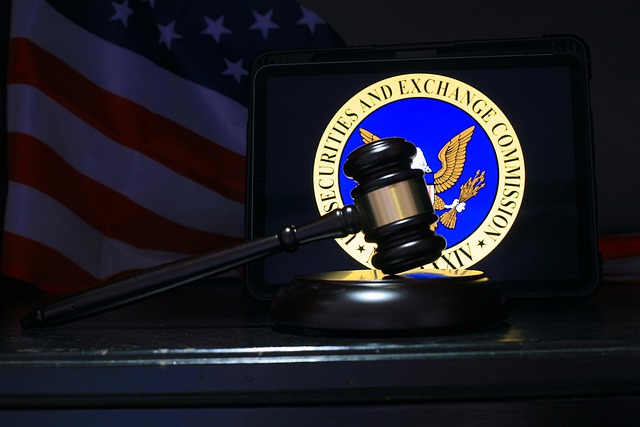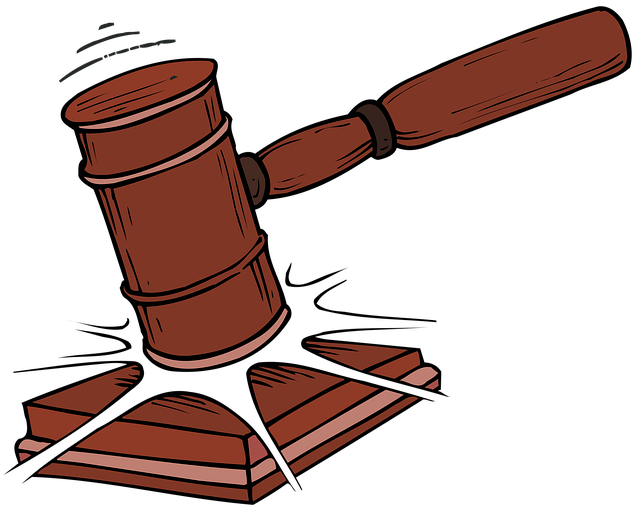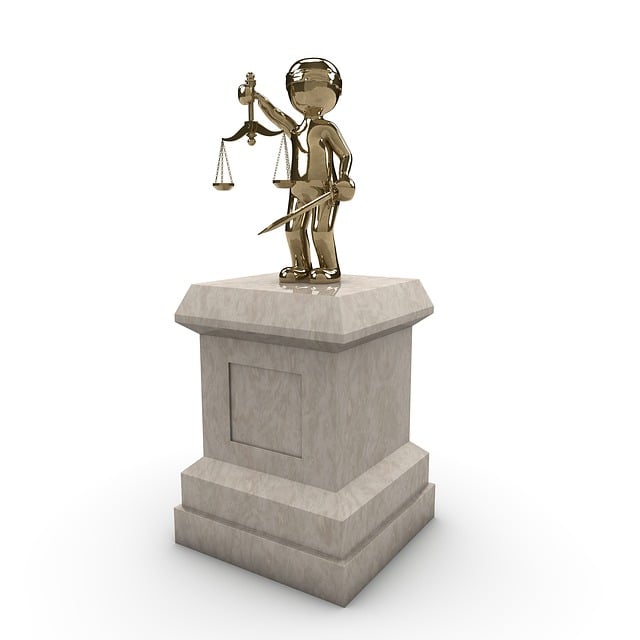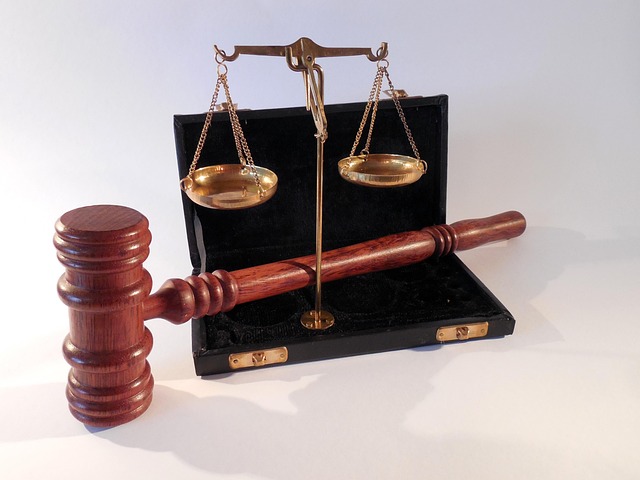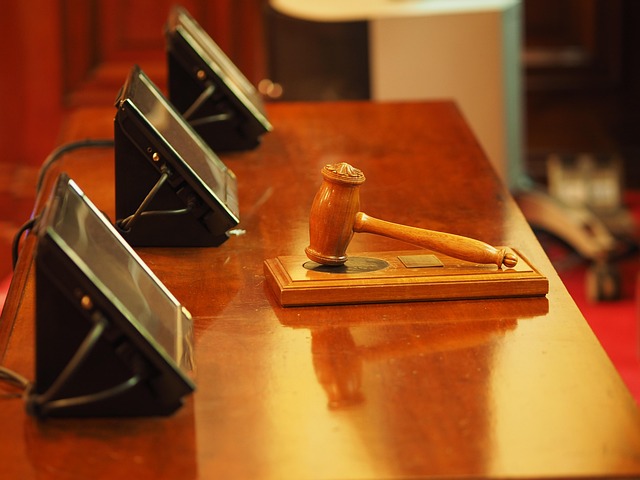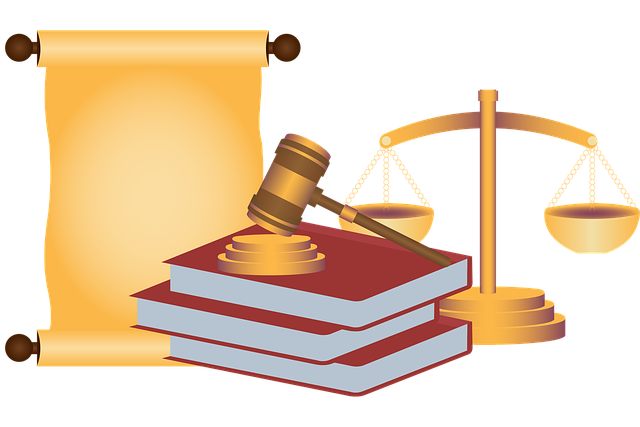Understanding consumer protection laws is crucial for businesses to avoid the severe legal consequences of trademark infringement, including financial damages, injunctive relief, criminal charges, and reputational damage. These laws cover product safety, quality, misleading ads, and unfair practices. Proactive measures like thorough trademark searches and robust intellectual property strategies can protect brand integrity, especially in philanthropic and political sectors. Businesses must stay informed about regulations, seek legal counsel when needed, and mitigate risks to dodge indictment for trademark infringement or other violations, ensuring long-term success while maintaining market integrity.
Consumer protection suits are a crucial aspect of ensuring fair business practices. This article delves into three key areas: understanding consumer protection laws, exploring trademark infringement and its legal implications, and navigating the consequences for businesses. By examining these aspects, we highlight the importance of compliance and the potential legal repercussions, especially regarding the legal consequences of trademark infringement. Each section provides insights to help businesses stay informed and mitigate risks.
- Understanding Consumer Protection Laws and Their Reach
- Trademark Infringement: Identifying the Legal Implications
- Navigating the Consequences: Remedies and Legal Actions for Businesses
Understanding Consumer Protection Laws and Their Reach
Understanding consumer protection laws is paramount for businesses to avoid legal consequences of trademark infringement and ensure they’re safeguarding their clients’ interests. These regulations encompass a broad range, from ensuring product safety and quality to prohibiting misleading advertising and unfair business practices. Consumer protection suits can arise when businesses fail to uphold these standards, leading to potential fines, damage to reputation, and even criminal indictment for severe violations.
For his clients, navigating this legal landscape is crucial for achieving extraordinary results. Businesses must remain vigilant in protecting their trademarks, intellectual property, and adhering to ethical marketing practices. By staying informed about consumer protection laws and seeking legal counsel when necessary, companies can avoid costly mistakes, maintain customer trust, and foster long-term success while avoiding indictment for trademark infringement or other violations.
Trademark Infringement: Identifying the Legal Implications
Trademark infringement is a serious issue with significant legal implications. When a party uses or replicates a registered trademark without the owner’s consent, it can lead to a range of consequences. These include damages for loss of sales and brand reputation, as well as injunctive relief to stop the infringing activity. The legal system takes such violations seriously due to their potential impact on consumer confusion and market integrity.
Beyond monetary penalties, individuals or businesses found guilty of trademark infringement may face criminal charges in severe cases. However, proactive measures can help avoid indictment. By conducting thorough trademark searches before adopting a mark and seeking legal advice, companies can mitigate risks. A well-crafted intellectual property strategy, coupled with vigilant monitoring, enables entities to protect their brands and navigate the legal landscape effectively. This is particularly important for fostering trust among the philanthropic and political communities, ensuring that brand integrity remains intact.
Navigating the Consequences: Remedies and Legal Actions for Businesses
When businesses face consumer protection suits, they must navigate a series of legal consequences designed to protect consumers and uphold fair business practices. These cases often involve remedies such as monetary damages, injunctions against further infringing activities, and product recalls, among others. In severe instances, businesses may face criminal charges for their actions, particularly in high-stakes cases where there’s an unprecedented track record of misconduct.
Trademark infringement, a common issue in consumer protection suits, carries significant legal consequences. Businesses found guilty of infringing on trademarks can expect to pay substantial damages to the affected parties, ranging from profits gained through infringement to the trademark owner’s actual losses. Avoiding indictment in such cases is paramount for businesses; it not only preserves their reputation but also ensures they can continue operating without further legal repercussions.
Consumer protection suits are a vital aspect of ensuring fair business practices, guarding against trademark infringement, and mitigating the legal consequences. By understanding these laws and their reach, businesses can navigate potential issues effectively. When violations occur, remedies range from monetary damages to injunctions, with the specific actions determined by the severity of the infringement. Awareness and proactive measures are key to avoiding costly legal battles and preserving brand integrity in today’s competitive marketplace.
